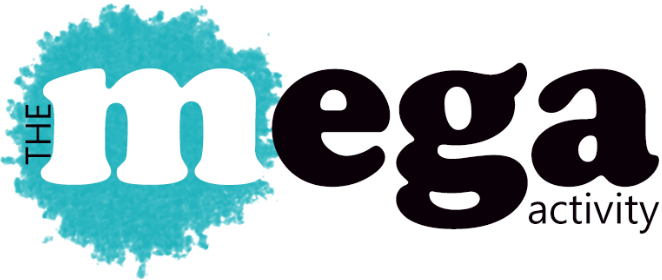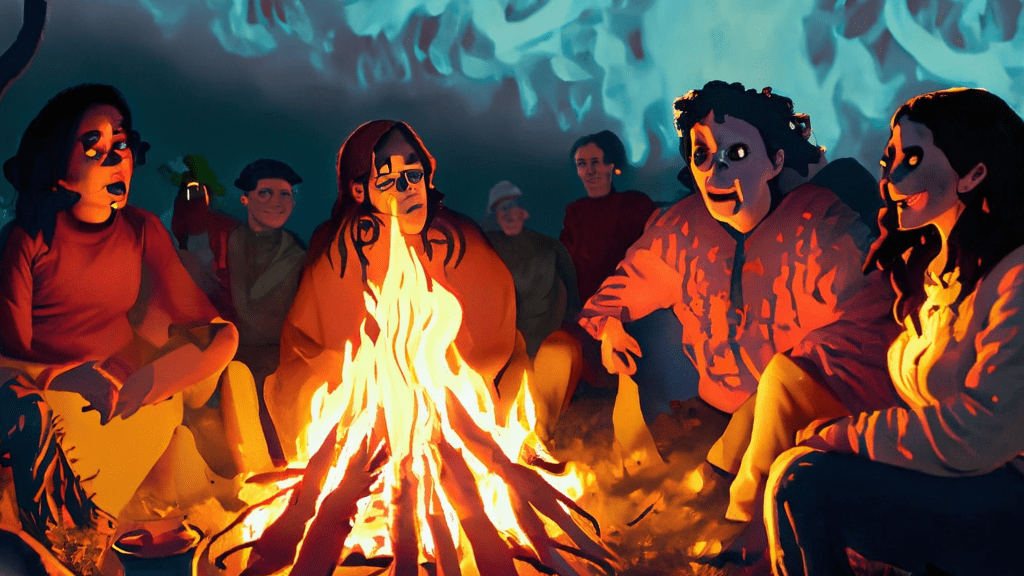Introduction:
Trails carolina horror stories, a wilderness therapy program for struggling adolescents, has been the subject of various discussions and debates over the years. Some individuals have reported negative experiences, fueling the emergence of what have been called “Trails Carolina horror stories.” In this article, we will delve into these tales, investigating their validity and exploring the broader context of wilderness therapy programs.
Understanding Trails Carolina:
Trails Carolina is a wilderness therapy program based in North Carolina, USA. Its aim is to provide a structured and therapeutic environment for adolescents facing emotional and behavioral challenges. Participants are taken out of their comfort zones and into the wilderness, where they engage in outdoor activities, group therapy, and skill-building exercises, with the goal of promoting personal growth and self-discovery.
The Emergence of Horror Stories:
Over the years, there have been accounts from former participants and their families sharing negative experiences during their time at Trails Carolina. These stories typically revolve around claims of mistreatment, negligence, or lack of proper supervision, leading to physical or emotional harm to the participants. While these reports have raised concerns, it is essential to approach them with a critical eye and consider various factors.

- Limited Regulation: One issue that has plagued wilderness therapy programs, including Trails Carolina, is the lack of uniform regulation and oversight. Unlike traditional therapeutic institutions, wilderness therapy programs are often not subject to the same strict regulations, which has led to variations in safety and quality standards.
- Individual Experiences: It’s crucial to recognize that each participant’s experience at Trails Carolina can differ significantly. Some participants may have had positive outcomes and gained valuable insights, while others may have struggled or had negative encounters. Personal accounts should be taken into consideration, but they may not represent the overall efficacy of the program.
- Allegations vs. Investigation: It is essential to distinguish between allegations and substantiated claims. While some horror stories may have some truth to them, it is equally important to consider the context and whether formal investigations have been conducted to validate the claims.
- Ethical Concerns: Critics of wilderness therapy programs raise ethical concerns regarding the use of harsh or punitive approaches, isolation from family, and the potentially coercive nature of such programs. These concerns have led to calls for more rigorous oversight and ethical guidelines.
Transparency and Accountability:
In recent years, the field of wilderness therapy has seen efforts to improve transparency and accountability. Organizations like the Outdoor Behavioral Healthcare Council (OBH) have been working towards establishing best practices, safety standards, and ethical guidelines for wilderness therapy programs.
Must Read=bitlife unblocked | Life Simulator
Parental Due Diligence:
For parents considering enrolling their child in a wilderness therapy program like Trails Carolina, it is crucial to conduct thorough research. Before making a decision, parents should review the program’s safety record, accreditation, staff qualifications, and speak with former participants and their families to gain a more comprehensive understanding of the program.

FAQS
What is Trails Carolina, and what does it offer?
Trails Carolina is a wilderness therapy program based in North Carolina, USA. It provides a therapeutic environment for struggling adolescents, typically aged 10 to 17, facing emotional and behavioral challenges. The program combines outdoor activities, group therapy, skill-building exercises, and individual counseling to promote personal growth and self-discovery.
How does wilderness therapy work?
Wilderness therapy involves taking participants out of their everyday environments and immersing them in nature for an extended period. The wilderness setting is designed to challenge individuals mentally, physically, and emotionally, fostering personal growth, resilience, and self-awareness. Participants engage in outdoor activities and therapeutic interventions facilitated by trained staff.
Are wilderness therapy programs regulated?
Regulations for wilderness therapy programs can vary depending on the country or state. In the United States, wilderness therapy programs are generally less regulated than traditional therapeutic facilities. However, efforts have been made by organizations like the Outdoor Behavioral Healthcare Council (OBH) to establish best practices and safety standards.
Are there any risks associated with wilderness therapy?
While wilderness therapy can be a transformative experience for some participants, it is not without risks. Participants may encounter physical challenges, adverse weather conditions, and encounters with wildlife. Additionally, the lack of standardized regulation can raise concerns about safety and quality standards.
What are the typical durations of wilderness therapy programs?
The length of wilderness therapy programs varies depending on the specific program and the needs of the participants. Programs can range from several weeks to several months. Longer programs may offer more comprehensive therapeutic experiences, while shorter ones may focus on specific issues.
Conclusion:
The Trails Carolina horror stories have sparked important conversations about the regulation and ethical considerations surrounding wilderness therapy programs. While it is essential to take individual accounts seriously, it is equally crucial to approach such stories with skepticism and investigate claims thoroughly. As the field evolves, more emphasis on transparency, accountability, and standardized regulations may help ensure the safety and efficacy of wilderness therapy programs for the benefit of the participants they serve.




